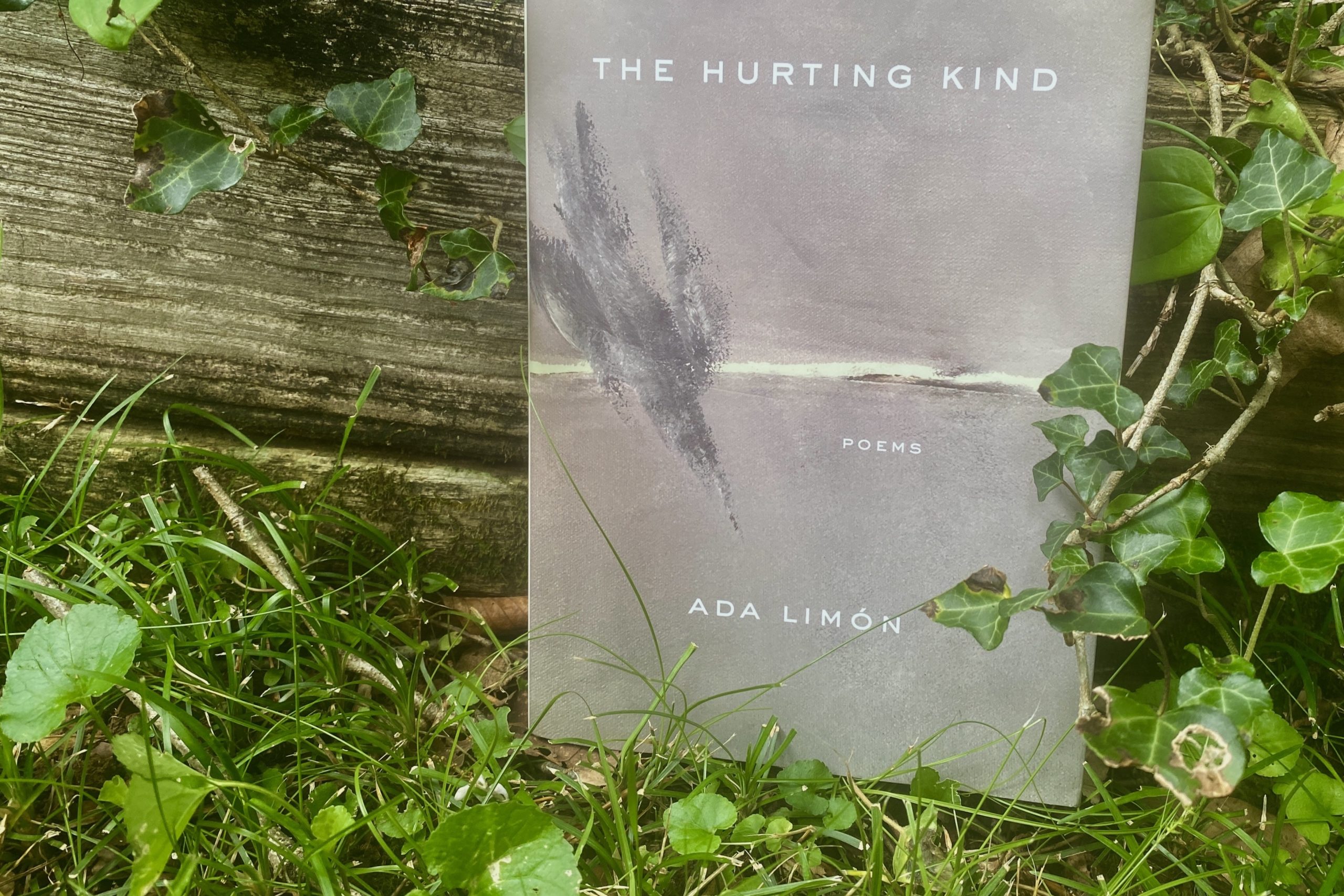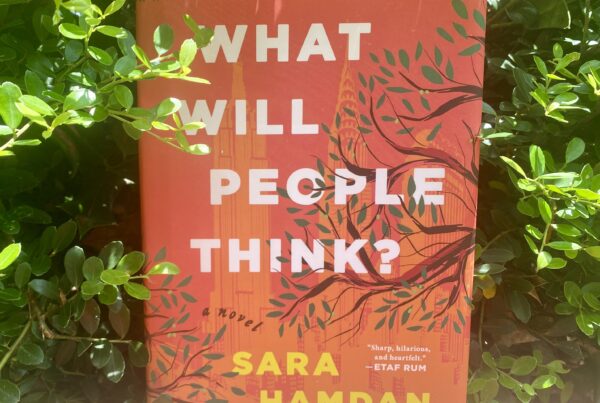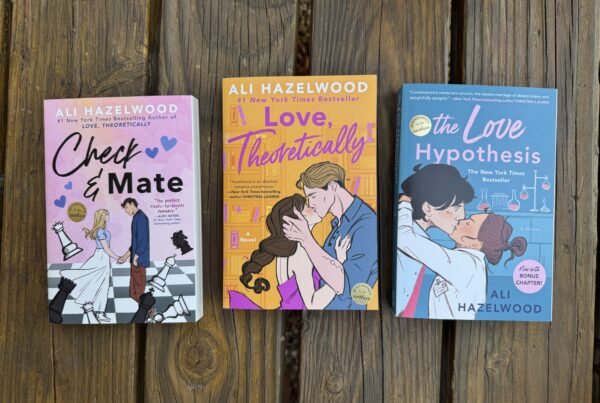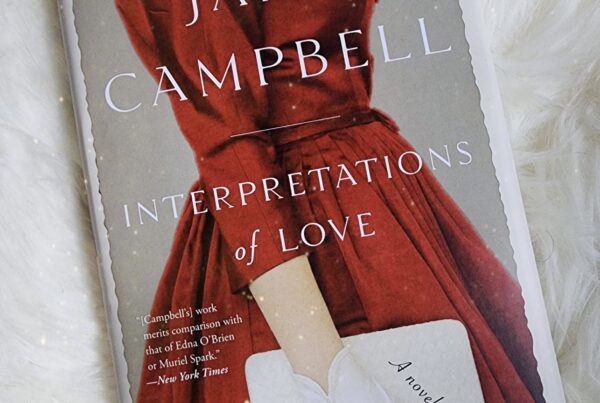A bookclique pick by Andy Sarvady
It had not yet become a season of loss for me when I chose Ada Limón’s The Hurting Kind for this post, and then it became one. Poetry does that sometimes, finds you parked, lost, and numb, and opens her rucksack of empathy and artistry.
Limón’s last book, The Carrying, centers around issues of loss and infertility, echoed in this collection’s poem, “Foaling Season.” “I will never be a mother” she writes simply, repeatedly, the pain of that fact ever present but only an occasional focus of these new poems.
Primarily, Limón takes us through the four seasons, allowing the authenticity of the natural world to mock us a bit, even as we worship its offerings. We invent elaborate names for flowers against their will or understanding. We constantly, futilely, make ourselves the center of every timeline. In “And Too, the Fox,” Limón notes wryly that this solo creature, “never cares how long you watch, /never cares what you need when you’re watching, never cares/ what you do when he is gone.”
Limón’s brief and often brilliant poems come indoors as well, to focus on the relationships with those who do take great efforts to notice us. “A Good Story,” an early poem, reminded me why I love Limón’s’s voice. It’s an homage to her step-father, a character rarely afforded grace in literature: “…I was fifteen and heartbroken, he came in and made/ me eat a small pizza he’d cut up into tiny bites until the tears stopped./Maybe I was just hungry I said. And he nodded, holding out the last piece.”
Memories of those gone are often the subjects in The Hurting Kind but in a vein that is laced with love and hope. The departed are more like ancestors sitting beside us than the cause for keening at a gravesite. This collection takes its title from a longer poem that dances from ancestor to ancestor, remembering each one’s best lines and lessons. Limón has a generosity of heart as she contemplates her generations of storytellers. She shares a thought too rare in our fractious world: “In order for someone to be ‘good’ do they have to have/seen the full-tilt world? Must they believe what we believe?”
“I have always been too sensitive, a weeper/ from a long line of weepers/ I am the hurting kind/ I keep searching for proof.” Season after season, Limón asks questions and offers insights, building a bridge in such a way that we are buoyed by time rather than lost in it. She may be fragile in some ways, but this is a woman who dreams of learning to fix things: a clock radio, a broken heart. Near the final pages of The Hurting Kind, in “The Unspoken,” Limón recounts her memory of a foal lost in the birthing process, how it reminded her that “At any minute/ something terrible could happen.” Yet Limón surrenders to the miracle, even after all of her struggles, and when she hears of a newly-pregnant mare, she readies herself: “…One day, I will/ be stronger. I feel it coming. I’ll step into/ that green field stoic, hardened, hoof first.”




